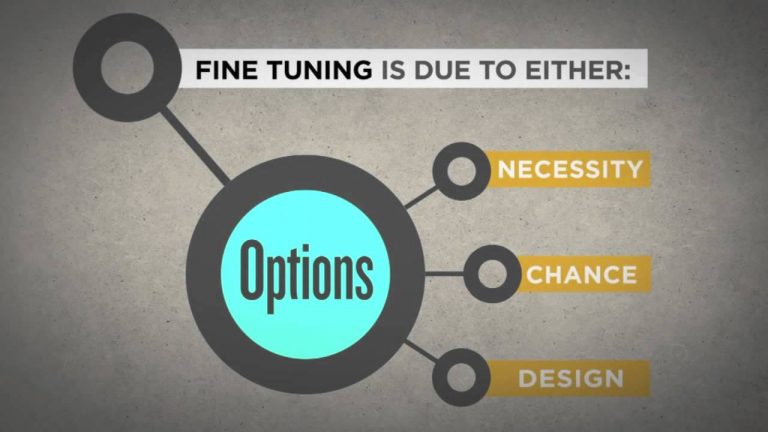The Fine Tuning of the Universe
Scientists have come to the shocking realization that the fundamental constants and quantities of the universe have been carefully tweaked to an astonishingly precise value that falls within the smallest of life-permitting perimeters. If any one of these values were altered by the tiniest of margins, no physical life would exist in the universe and neither would there be stars, … Continue reading The Fine Tuning of the Universe
1 Comment
